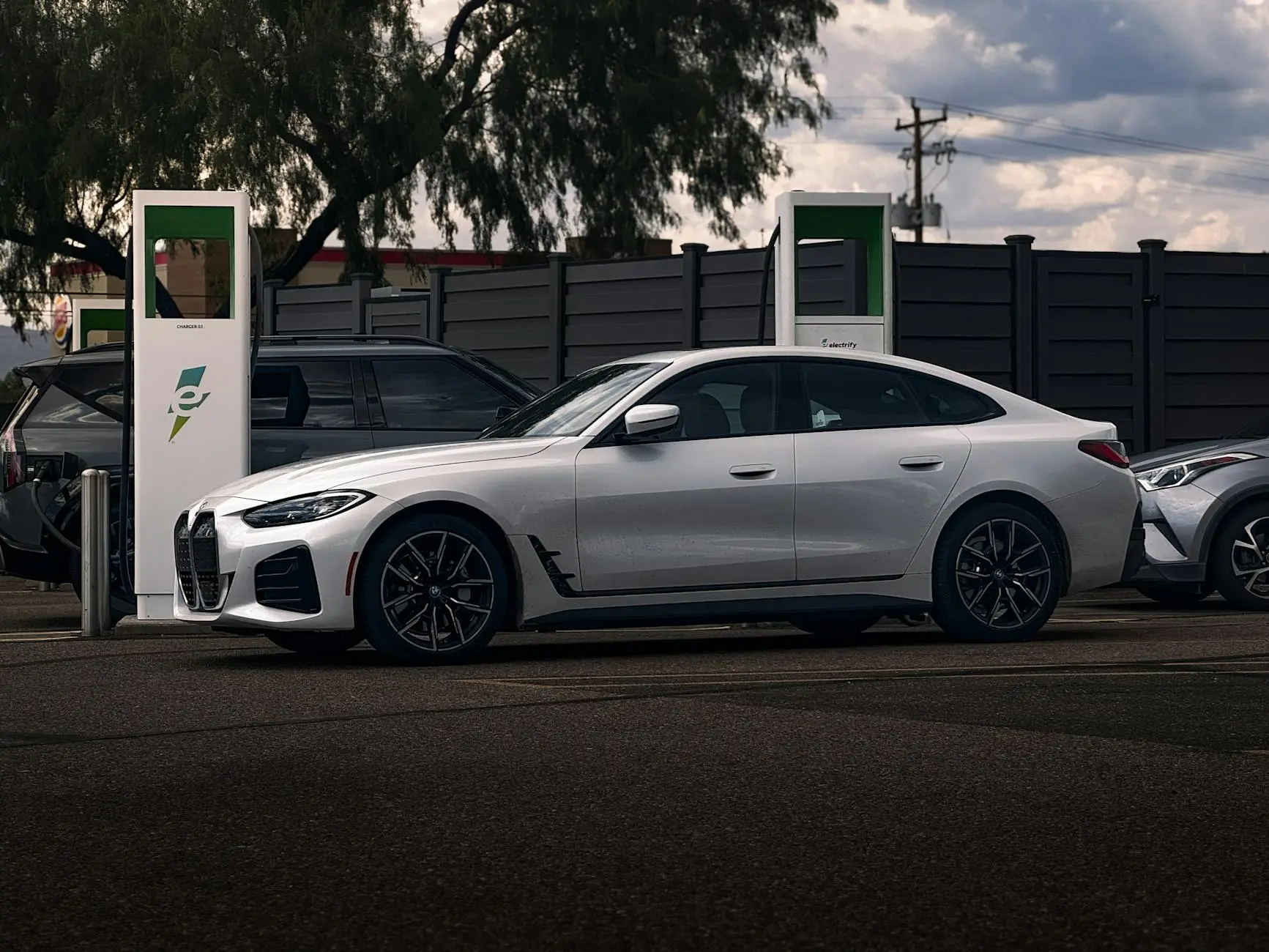Understanding Insurance Coverage for Electric and Hybrid Cars
As the automotive industry rapidly evolves towards more sustainable solutions, the prominence of electric and hybrid cars continues to rise. These vehicles are not only seen as environmentally friendly alternatives but also as technologically advanced innovations that require a new understanding of ownership, especially when it comes to insurance. Navigating the nuances of insurance for electric and hybrid cars can be complex, but with the right knowledge, you can ensure your vehicle is adequately protected. This article provides an in-depth analysis of insurance coverage for these eco-friendly cars, highlighting key considerations, benefits, and potential challenges.
Key Differences in Insuring Electric and Hybrid Vehicles
1. Vehicle Value and Repair Costs
- Higher Initial Costs: Electric and hybrid vehicles tend to have higher manufacturing costs and, consequently, often carry higher price tags than traditional vehicles. This increased value can influence insurance premiums, as insurers will consider the cost of replacing or repairing the vehicle after an accident.
- Repair and Parts Availability: The specialized technology in electric vehicles often means that repairs require specific expertise and parts that might not be readily available, potentially leading to higher repair costs. Insurers take this into account when setting premiums.
2. Battery Coverage
- Unique Component: One of the most expensive parts of an electric vehicle is the battery. Insurance policies for electric cars often address battery damage separately, ensuring that coverage extends to this crucial component.
- Battery Depreciation and Replacement: Insurers may provide coverage options that account for battery depreciation over time or offer replacement cost coverage to protect against the financial burden of battery failure.
3. Incentives and Discounts
- Eco-Friendly Discounts: Some insurance companies offer discounts to owners of electric and hybrid cars as part of their green initiatives. These incentives recognize the environmental benefits these vehicles provide and can lower overall insurance costs.
- Telematics and Usage-Based Programs: Many electric and hybrid cars come equipped with advanced telematics capabilities. Insurers may offer usage-based insurance programs that factor in real-time driving data to reward safe driving practices with discounted premiums.
Comprehensive Coverage Options
Liability Coverage
- Basic Requirement: As with any vehicle, liability coverage is mandatory. It covers damages and injuries that you may cause to others in an accident. The premiums are often influenced by the car’s value and the driver’s history.
Collision and Comprehensive Coverage
- Protection Against Physical Damage: This coverage pays for repairs or replacement if your car is damaged in an accident (collision) or suffers non-collision damages, such as theft or vandalism (comprehensive).
- Considerations for High-Value Vehicles: Given the higher repair costs associated with electric and hybrid technology, it’s advisable to select comprehensive coverage limits that reflect the full value of your vehicle.
Uninsured/Underinsured Motorist Coverage
- Additional Protection: This coverage protects you if you’re involved in an accident with a driver who lacks sufficient insurance to cover the damages. It can be crucial, as the repair and replacement costs for electric and hybrid vehicles can be substantial.
Roadside Assistance and Towing
- Specialized Assistance: Electric and hybrid cars may require specialized towing and roadside services, particularly if they run out of charge. Some insurance policies offer tailored roadside assistance packages that cater to these specific needs.
Considerations When Insuring Electric and Hybrid Cars
Potential Higher Premiums
- Initial Impact: While insurance for electric and hybrid cars can sometimes be more expensive due to their higher value and complex technology, the availability of discounts and specialized programs can mitigate these costs.
- Comparison Shopping: It is essential to compare quotes from different insurers, as each may assess the risks associated with electric and hybrid cars differently.
Range Anxiety and Coverage
- Unique Concerns: Electric vehicle drivers might face range anxiety, the fear of running out of battery far from a charging station. Some insurance policies offer coverage for emergency charging assistance.
Tips for Electric and Hybrid Car Owners
Regular Policy Reviews
- Adjust Coverage as Needed: Given the rapidly changing technology and value of your car, regularly reviewing and updating your insurance policy can ensure it remains adequate and cost-effective.
Utilize Telematics
- Leverage Advanced Technology: Make use of the vehicle’s telematics capabilities to participate in usage-based insurance programs. These programs often reward safe or low-mileage driving habits with lower premiums.
Seek Eco-Friendly Policies
- Inquire About Incentives: Ask insurers about any specific discounts or programs designed for eco-conscious drivers. Taking advantage of these incentives can lead to substantial savings.
Conclusion
Securing the right insurance for electric and hybrid vehicles requires an understanding of their unique needs and the potential benefits that come with specialized coverage. By choosing the appropriate coverage options and leveraging available discounts, you can ensure comprehensive protection for your vehicle. As the automotive landscape continues to embrace sustainable solutions, so too must our approach to insuring these innovative vehicles, balancing new technological considerations with financial prudence.










